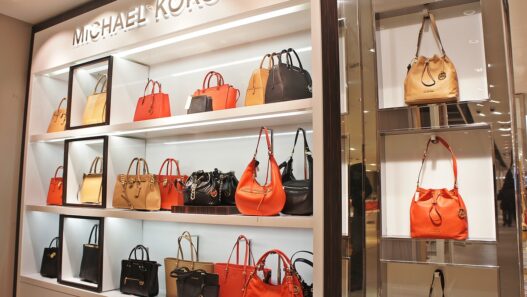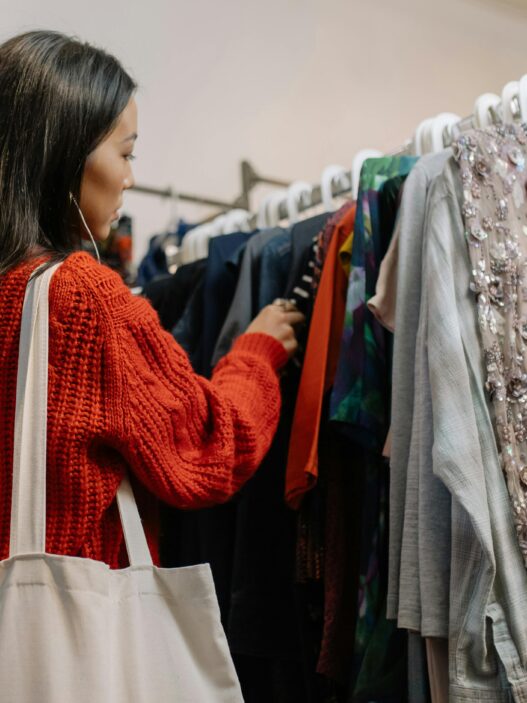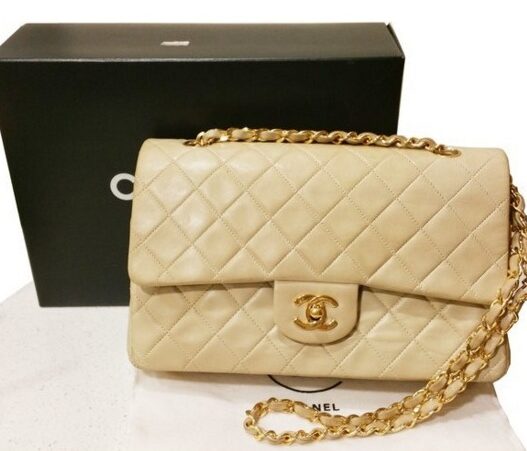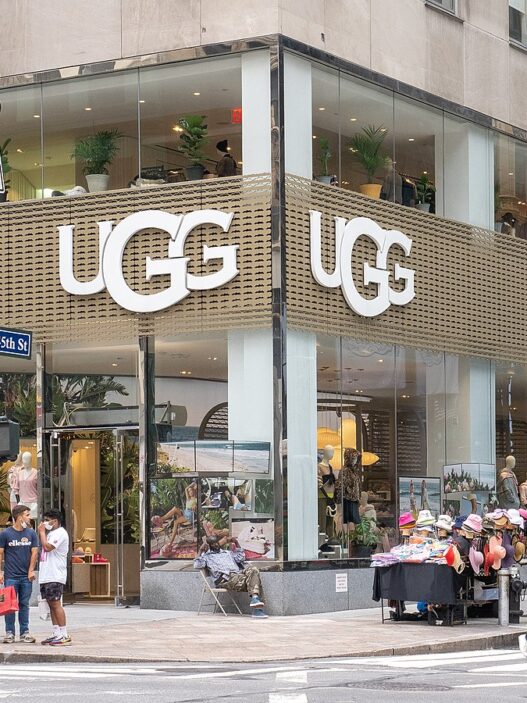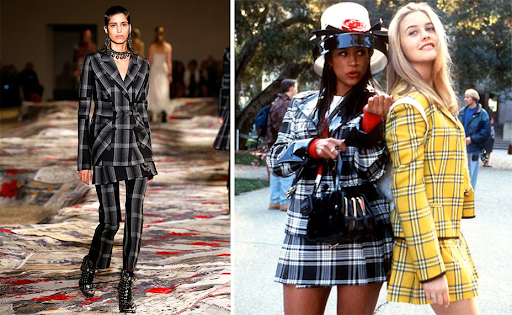Sustainable fashion is no longer just a buzzword thrown around by influencers or a niche market in eco-friendly boutiques. It’s a movement fueled by younger generations who don’t just want to look good; they want to feel good about what they wear, how it’s made, and the planet it leaves behind.
And honestly, it’s about time.
From Fast Fashion to Mindful Wardrobes: A Generational Shift
Gone are the days when “ethical clothing” meant frumpy hemp trousers or bulky silhouettes. Today’s young consumers (Gen Z and Millennials, yes, Millennials too) are reshaping what sustainability means in fashion. Thanks to social media, viral documentaries, and grassroots activism, we’ve been exposed to the ugly truths behind fast fashion: mountains of textile waste choking landfills, dyeing processes poisoning waterways, and, most heartbreakingly, exploitive labour practices putting real lives at risk. Scrolling on social media these days leaves you feeling sick.
We’ve grown up watching the environmental clock tick loudly and understanding, perhaps more than any generation before, that our consumption choices are acts of collective responsibility. This isn’t just about buying a piece of clothing because one shirt won’t hurt, right? Wrong. It’s a stance countering the massive carbon footprint and social costs of what we wear. Online commentary echoes this sentiment: younger shoppers are far more likely to prioritise sustainability when making purchases compared to their elders. The stakes? We’re the generation inheriting the planet and the industry it supports.
The Legal Loom: Sustainability Intertwined with Fashion Law
Now here’s where fashion meets law: sustainable fashion isn’t just about eco-friendly materials, it’s about ethical labour standards, fair wages, safe workplaces, and transparent supply chains. Many young consumers demand full accountability from brands: where are the clothes made, who made them, and under what conditions? Such concerns have led to strengthened laws and initiatives worldwide, like France’s Anti-Waste and Circular Economy Law, the EU’s rules to reduce textile waste, and many other laws and regulations putting legal pressure on fashion companies to clean up their act.
These regulations don’t just protect workers, but empower consumers to make better choices. And as consumers, we hold the power to demand fair practices, pushing brands beyond greenwashed marketing to deep, systemic change.
Authenticity in the Age of the Algorithm
If social media amplified anything, it’s our collective sniff test for “authenticity.” We see through brands that pay lip service to sustainability yet engage in fast fashion’s worst abuses. The rise of resale platforms such as Depop and Vinted demonstrates how younger generations are not only buying differently but also circulating and valuing clothes differently, in turn extending garment lifecycles, reducing waste, and promoting a circular fashion economy.
Meanwhile, influencers and activists expose brands’ greenwashing at record speed, holding them accountable in public forums. This transparency, combined with our desire for individuality and clothing that reflects personal values, redefines what it means to be fashionable.
Practical Steps: From Awareness to Action
Being sustainable can sound daunting, but changing our wardrobes doesn’t require a complete upheaval overnight. Simple steps (buy less, choose quality, thrift more, support brands with transparent ethics, care for clothes longer) can collectively shift the industry’s trajectory. Prioritising materials like organic cotton, recycled fibres, or cutting-edge innovations such as Piñatex (pineapple leather) or Mylo (mushroom leather) shows consumers wield influence even over technical advances, affecting what science and nature marry to create.
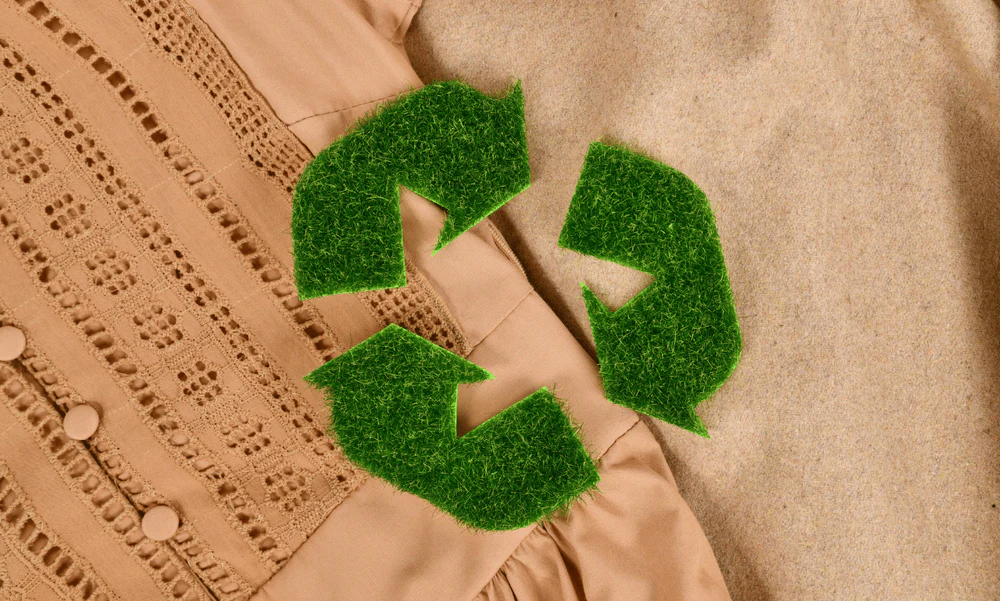
Why This Matters Beyond Fashion
Sustainable fashion’s appeal to younger generations isn’t only ecological; it’s social justice. The shocking Rana Plaza tragedy still haunts us, reminding us that behind every garment are human rights that matter deeply. Fair wages, healthy working environments, and the eradication of forced labour remain core issues that fashion law must address. Young consumers’ insistence on ethical production aligns with these values and seeks to end centuries of exploitative practices.
This broader view, a.k.a. fashion as a reflection of society’s values and laws, is critical. It’s why your choice of brand or garment can be more than just style; it can truly be a vote for a better world.
In Conclusion: The Future Woven by Conscious Youth
Sustainable fashion is a revolution quietly powered by younger generations who demand more than cheap, fast, disposable clothing. We want lasting quality, social accountability, and genuine respect for the planet. And through fashion law, consumer activism, and creative innovation, this generation is stitching a future where style and conscience coexist beautifully.
So yes, this obsession with sustainable fashion is worth it. Because the planet we save and the lives we respect today shape the wardrobes and world of tomorrow.



